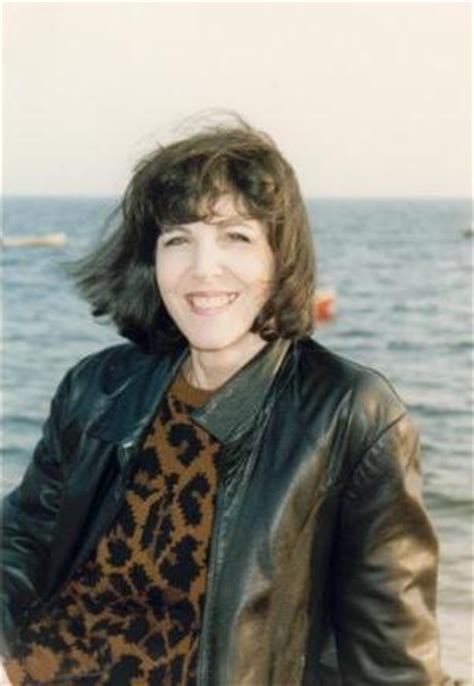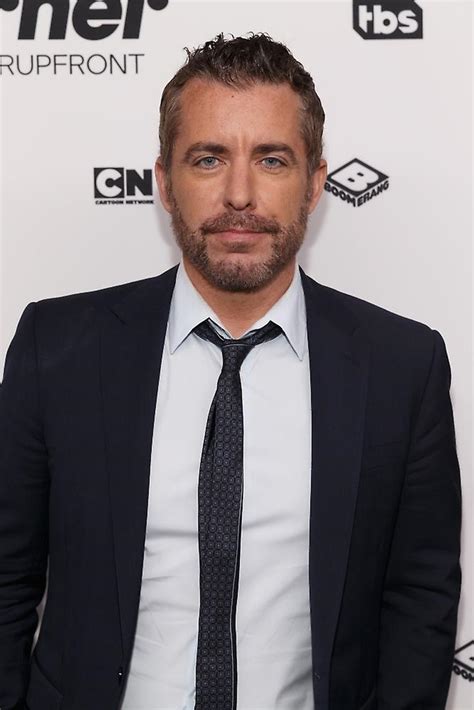A Quote by Napoleon Bonaparte
I do not believe it is in our nature to love impartially. We deceive ourselves when we think we can love two beings, even our own children, equally. There is always a dominant affection.
Related Quotes
But how can we love someone if we don't like him? Easy-we do it to ourselves all the time. We don't always have tender, comfortable feelings about ourselves; sometimes we feel foolish, stupid, asinine, or wicked. But we always love ourselves: we always seek our own good. Indeed, we feel dislike toward ourselves, we berate ourselves, precisely because we love ourselves; because we care about our good, we are impatient with our bad.
There is nothing to learn about love. Everything is already there, in our genes, in our nature. We don't have to learn anything except what we invent in this world of illusion. We search for love outside ourselves when love is all around us. Love is everywhere, but we don't have the eyes to see...Your heart can create any amount of love, not just for yourself, but for the whole world. When we know that our heart is a magical kitchen, we are always generous and our love is completely unconditional.
Perhaps that is our doom, our human curse, to never really know one another. We erect edifices in our minds about the flimsy framework of word and deed, mere totems of the true person, who, like the gods to whom the temples were built, remains hidden. We understand our own construct; we know our own theory; we love our own fabrication. Still . . . does the artifice of our affection make our love any less real?
Our greatest fear is that we will lose the love in our life... that we will be abandoned, left alone, bereaved, misunderstood, deprived, hated and rejected....but we can never be OUT OF LOVE. We are love and if our minds separate ourselves from who we really are it is a painful delusion. Ego personalities, including our own, might separate ourselves from love but love never dies because it is what we are made of.
Suffer not yourselves to be betrayed with a kiss. Ask yourselves how this gracious reception of our petition comports with those warlike preparations which cover our waters and darken our land. Are fleets and armies necessary to a work of love and reconciliation? Have we shown ourselves so unwilling to be reconciled, that force must be called in to win back our love? Let us not deceive ourselves, sir. These are the implements of war and subjugationthe last arguments to which kings resort.
So often times we see these films that erode human dignity...films that deny the transcendent moral order of the moral universe. They're always eroding natural affections for families. Fathers betray their commitments, children's are always portrayed as brats and disobedient, marriages are always in crisis and struggle. I think (for) most of us, that's not the lives we live. We're always being challenged, we always have challenges but we love our families, we love our spouse, we love our children.
We have been crafted by disaster to push out to the utmost horizon to find out what's on the other side of it. That's in our nature. What's also in our nature is a profound love and connection to our children and our communities. Those two things are very much at conflict with one another at certain moments.
The mystery of the spiritual life is that Jesus desires to meet us in the seclusion of our own heart, to make his love known to us there, to free us from our fears, and to make our own deepest self known to us Each time you let the love of God penetrate deeper into your heart it leads to a love of ourselves that enables us to give whole-hearted love to our fellow human beings. In the seclusion of our hearts we learn to know the hidden presence of God; and with that spiritual knowledge we can lead a loving life.
Love is at the root of all healthy discipline. The desire to be loved is a powerful motivation for children to behave in ways thatgive their parents pleasure rather than displeasure. it may even be our own long-ago fear of losing our parents' love that now sometimes makes us uneasy about setting and maintaining limits. We're afraid we'll lose the love of our children when we don't let them have their way.
There are two basic motivating forces: fear and love. When we are afraid, we pull back from life. When we are in love, we open to all that life has to offer with passion, excitement, and acceptance. We need to learn to love ourselves first, in all our glory and our imperfections. If we cannot love ourselves, we cannot fully open to our ability to love others or our potential to create. Evolution and all hopes for a better world rest in the fearlessness and open-hearted vision of people who embrace life.
Most people think of love as some sort of power outside of themselves that will "take them away from all of this." Sadly, this is not the case. Love exists only within our own hearts, and to have happy relationships we must first become truly loving people. And as we fill our hearts with love by expressing love for others in thought, word, and deed ("acting as if" until we make it happen if necessary), that love can heal our own lives, help to solve our problems, and enable us to feel good about ourselves.
The greatest barrier to own own healing is not the pain, sorrow or violence inflicted upon us as children. Our greatest hindrance is our ongoing capacity to judge, to criticize, and to bring tremendous harm to ourselves. If we can harden our heart against ourselves and meet our most tender feelings with anger and condemnation, we simultaneously armor our heart against the possibility of gentleness, love and healing.












































